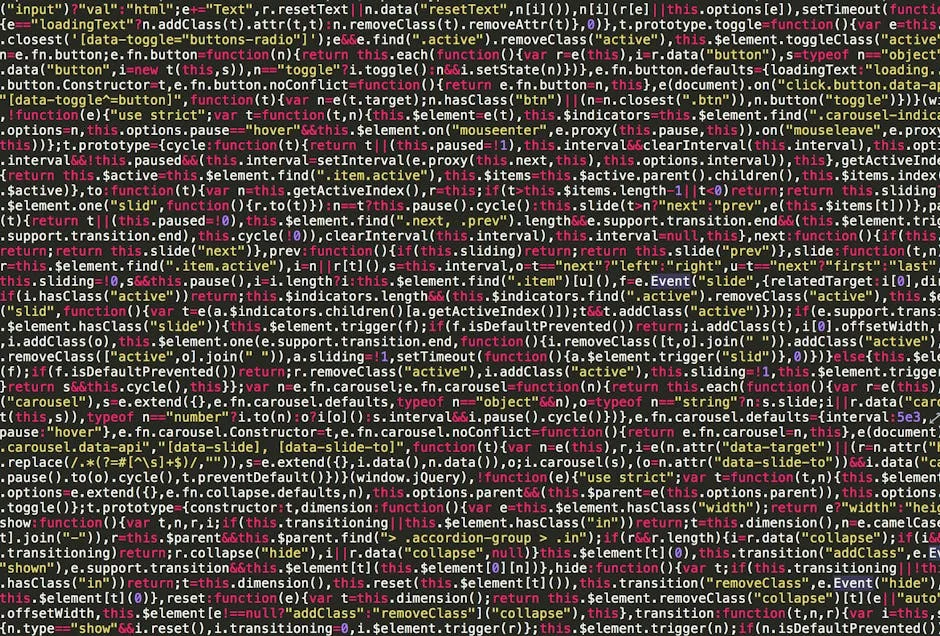
A critical vulnerability (CVE-2025-47549) has been identified in Themefic’s BEAF plugin, allowing attackers to upload malicious files and achieve remote code execution. With a CVSS score of 9.1, this flaw affects all versions up to 4.6.10 and requires immediate attention from security teams.
Executive Summary for Security Leadership
The vulnerability enables unauthenticated attackers to upload arbitrary files, including web shells, to vulnerable WordPress installations using the BEAF plugin. Successful exploitation leads to full server compromise, data theft, and potential lateral movement within affected networks. The vulnerability was publicly disclosed on May 7, 2025, and there are currently no available patches from the vendor.
- CVSS Score: 9.1 (Critical)
- Affected Versions: BEAF ≤4.6.10
- Attack Vector: Network-based, unauthenticated
- Impact: Remote code execution, complete system compromise
- Mitigation: Disable or remove the plugin until patched
Technical Analysis
The vulnerability stems from insufficient file type validation in the plugin’s upload functionality. Attackers can bypass security checks to upload executable files (e.g., PHP, JSP) to the server. This follows a pattern seen in similar WordPress plugin vulnerabilities, such as CVE-2025-32118 in the CMP Plugin and CVE-2025-32579 in the Sync Posts Plugin1.
While no specific proof of concept has been publicly released for CVE-2025-47549, the attack methodology would likely mirror other WordPress file upload vulnerabilities. Attackers typically use multipart form submissions with modified Content-Type headers to bypass validation checks. The SAP NetWeaver Visual Composer vulnerability (CVE-2025-31324) demonstrates a similar attack pattern through its metadata uploader endpoint2.
Detection and Mitigation
Organizations using the BEAF plugin should immediately scan for:
| Indicator | Detection Method |
|---|---|
| Unexpected files in upload directories | File integrity monitoring |
| POST requests to BEAF endpoints | Web application firewall logs |
| New PHP processes from web user | Endpoint detection systems |
Recommended mitigation steps include removing the plugin entirely until an official patch is available. If removal isn’t feasible, implement strict file upload restrictions at the web server level and monitor for suspicious activity in the plugin’s upload directories.
Broader Context
This vulnerability appears amid a wave of critical file upload flaws across multiple platforms. Microsoft has addressed similar issues in their April 2025 Patch Tuesday updates, including CVE-2025-26663 (LDAP Service) and CVE-2025-27480 (RD Gateway)3. The WordPress ecosystem remains particularly vulnerable to such attacks due to inconsistent security practices among third-party plugin developers.
The critical severity of CVE-2025-47549 warrants prioritized remediation, especially given the plugin’s potential use in enterprise WordPress deployments. Security teams should cross-reference their asset inventories with the affected version range and apply compensating controls where immediate patching isn’t possible.
Conclusion
CVE-2025-47549 represents a significant threat to organizations using the Themefic BEAF plugin. The combination of unauthenticated access and remote code execution capabilities makes this vulnerability particularly dangerous. Security teams should treat this as a high-priority issue and follow the recommended mitigation strategies until an official patch becomes available.
References
- “WordPress Plugins (Multiple CVEs)”, Patchstack Vulnerability Database, 2025. [Online]. Available: https://patchstack.com/database/wordpress/plugin/sync-posts/vulnerability/wordpress-sync-posts-plugin-1-0-arbitrary-file-upload-vulnerability
- “SAP NetWeaver Visual Composer (CVE-2025-31324)”, NVD, 2025. [Online]. Available: https://nvd.nist.gov/vuln/detail/CVE-2025-31324
- “Windows LDAP & Remote Desktop Gateway (Critical RCE)”, MSRC, 2025. [Online]. Available: https://msrc.microsoft.com/update-guide/vulnerability/CVE-2025-26663
- “Next.js Authorization Bypass (CVE-2025-29927)”, Vercel Security Advisory, 2025. [Online]. Available: https://nextjs.org/blog/security-nextjs-14-1-3
- “Apple iOS Zero-Days (CVE-2025-24200, CVE-2025-30456)”, Apple Security Updates, 2025. [Online]. Available: https://support.apple.com/en-us/HT201222






